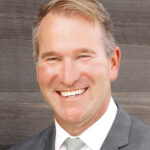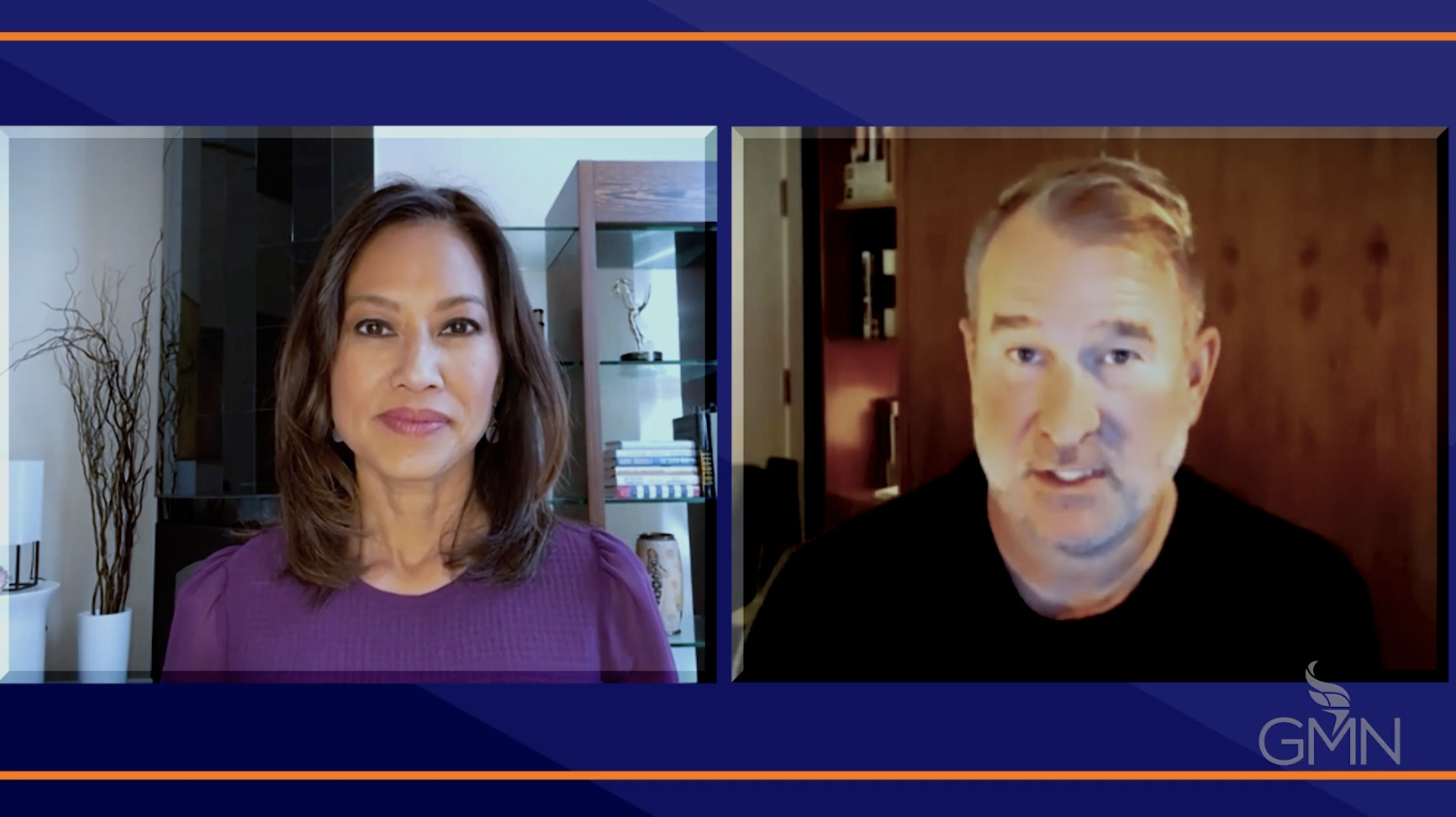I'll never forget, I had a meeting with the head of Wealth Management at the time, a guy named Dan Sontag, after my first 18 months at Merrill, and keep in mind that he ran all of Wealth Management which was about 60,000 people, 16,000 of them were financial advisors just like me and I was 24, 25 at the time, just two or three years ago, and I was able to actually put together a deck and a document for him to basically say, "Look, I was able to do this in 12 months just by myself. Merrill Lynch has an opportunity to make this a national opportunity," and I need a quarter million dollars to do that, and I'd like to do that and he actually gave me the investment, and the deal was that I had to report back to him once a quarter on the return on his investment, which included two things. One, not just assets under management, but other financial advisors who were leveraging my idea and who I was supporting, and then each quarter, I would sit down with him and sort of go through those numbers. I later found out that in 27 years at Merrill Lynch, he had never given another financial advisor, as I mentioned, over 16,000 of us, he never gave another financial advisor a dollar, but he gave me a quarter of a million each year, and he got a lot out of it, so it was a very successful opportunity, and the resistance, like I said, really did fade away as we grew to becoming a sustainable business opportunity.





